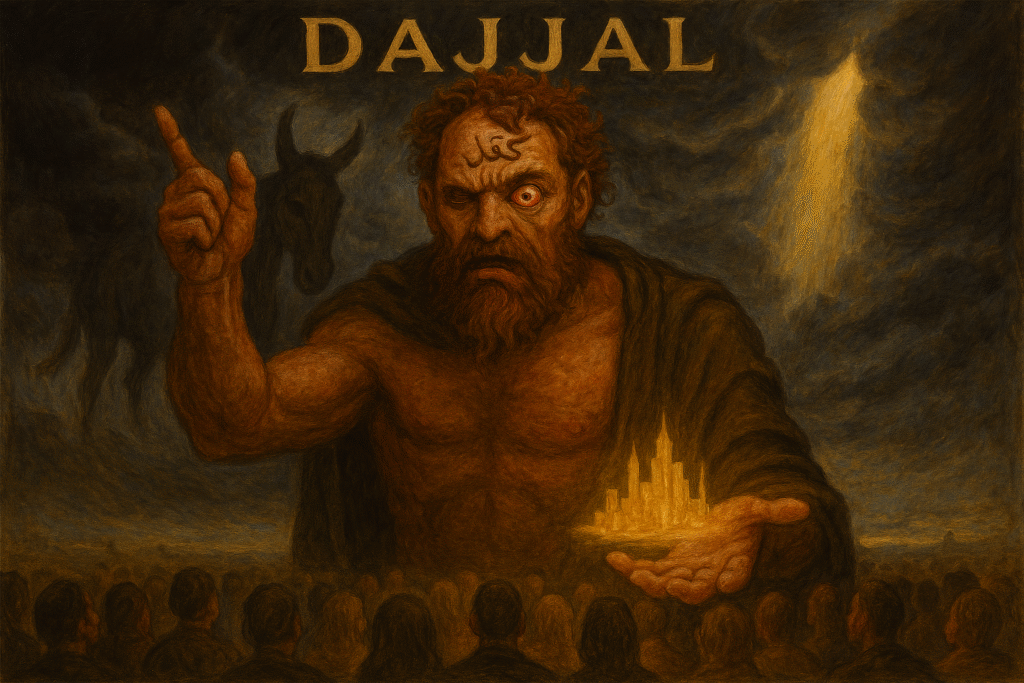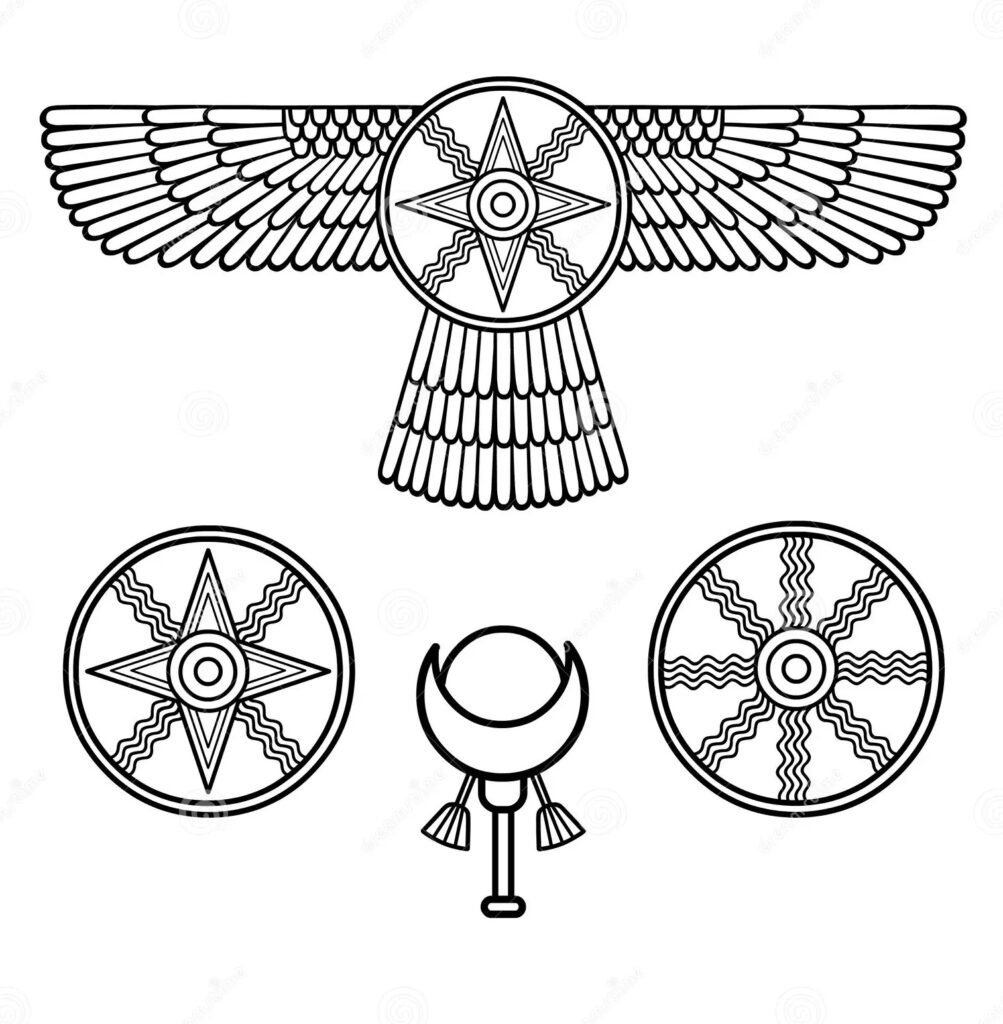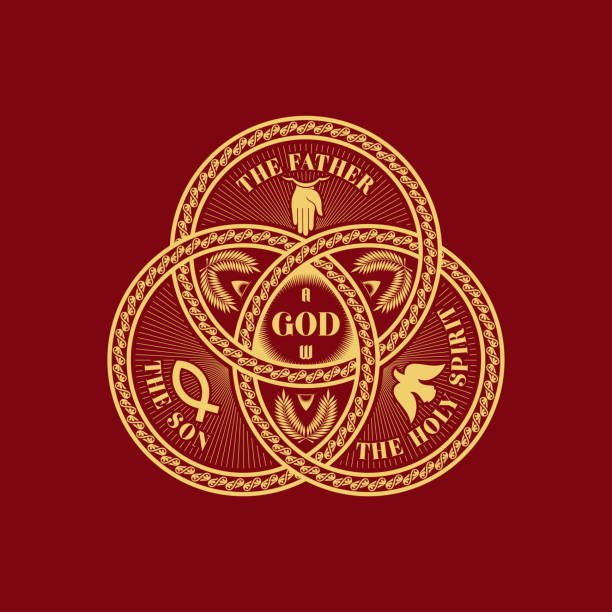A Taxi Ride That Sparked a Dialogue
While on a business trip to Seattle, I had a brief but memorable discussion with a taxi driver. He was dressed in all white, including a white fez, and was playing a tape of Arabic singing. The music was beautiful—entrancing, even. When I gave him directions, he turned it down, and I asked what it was he was listening to. He told me it was the Quran in song. I complimented his musical taste, and that opened the door to a deeper conversation.

We talked about religion during the 15-minute ride, and continued for another 10 minutes after I paid. He said everything I shared resonated with him, and that I seemed to understand the reality of Islam better than he did—even though he was a devout follower. We parted on excellent terms, and I gave him a URL where he could learn more about Islam from our perspective.
Shared Beliefs and Surprising Agreement
One thing that stood out was his concept of the “Antichrist.” He believed the Antichrist would soon appear as a super-influential, charismatic leader who would deceive the masses and trigger World War III—an idea commonly shared also among many Christians.
What Does “Antichrist” Really Mean?
I pointed out that the only place the word “antichrist” appears in any revealed scripture is in the New Testament, specifically the first and second letters of John. For this gentleman, I quoted 1 John 2:18:
“Little children, it is the last time: and as ye have heard that antichrist shall come, even now are there many antichrists.”
Many Antichrists, Not One

With minimal prompting, he realized that “antichrist” doesn’t refer to a single future figure. Instead, it describes a group of people who already existed in John’s time.
This interpretation contradicts the popular narrative promoted by many Christian evangelists. It’s not logical, nor is it supported by scripture. The antichrists from John’s time didn’t vanish—they multiplied and remain a powerful force in the world today.
To understand who these “many” antichrists are, we must first clarify what “Christ” truly means.
Defining Christ: A Lineal Descendant of David
To understand “antichrist,” we must first define “Christ.” The word Christ is the Anglican form of the Greek word Christos, which is derived from the Hebrew word Messiah. The definition is: “an anointed male lineal descendant of King David.” The taxi driver accepted this definition, which I took as a sign of a pure heart—perhaps even his saving grace. Pure hearts go a long way with God.
Therefore, anyone who opposes the definition of Christ, preferring the deified god-man Jesus (see: Thessalonians 2:4 about “mythical Jesus-The son of perdition”) over the prophetic Manifestation born from the sperm of his father, Joseph Ben David (see: Romans 1:3-4), is thus “antichrist.” This belief in the deification of Jesus, while widespread, diverges from the scriptural lineage of Christ. Of special note here are Trinitarians, who embrace polytheism by claiming Jesus is equal to God as part of a triune deity. This belief contradicts the idea of Jesus as the genealogical descendant of King David through an unbroken father-to-son lineage.
This misunderstanding of Christ’s identity leads directly to the most widespread doctrinal error: the Trinity.

The Trinity and Its Origins
The word “Trinity” does not appear in any translation of the Bible. It is, however, the cornerstone of the 4000+ year old Babylonian religion, which eventually became the Papacy and the Catholic church and even took over nearly all of protestant Christianity as Martin Luther protested 100 sins of the Church but forgot to list the #1 offense to the religion of Christ, that being the man-made “Trinity.”
Final Thoughts: Who Is Truly Antichrist?

The term “antichrist” has been misused for centuries, often weaponized to instill fear or justify political agendas. But scripture is clear: the antichrist is not a single apocalyptic figure, but many individuals who oppose the true identity of Christ—a descendant of David, not a deified myth. These antichrists existed in John’s time and continue to influence religious doctrine today. Recognizing them requires spiritual clarity, not sensationalism. As we seek truth, let us remember that the greatest deception is not in the future—it’s already here, embedded in doctrines that distort the prophetic message of Christ.
Discussing the Trinity and the Antichrist
I welcome all comments and discussion. Drop a comment or email me directly: ark@closeoftheage.com
